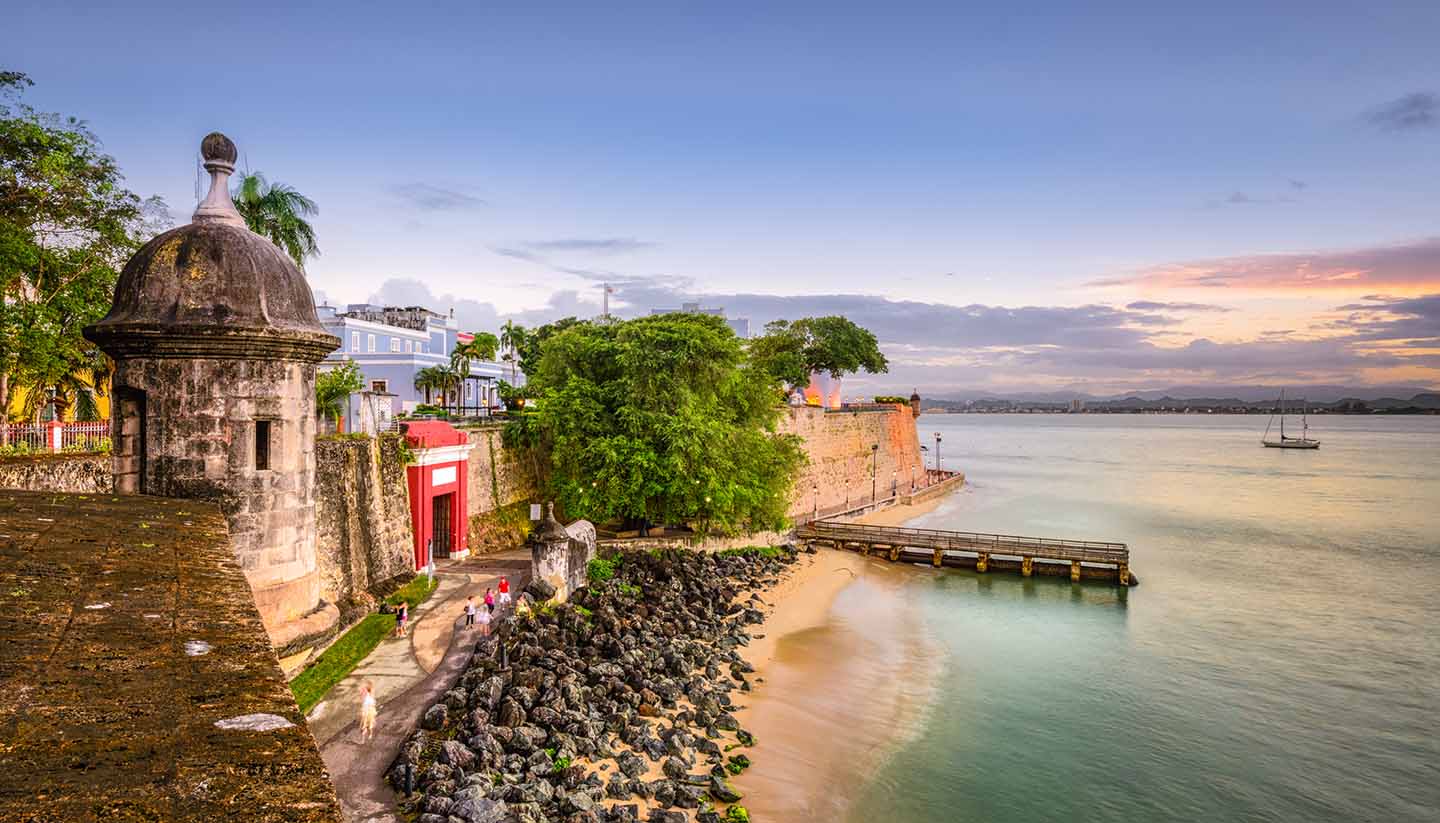Puerto Rico Health Care and Vaccinations
| Title | Special precautions |
|---|---|
| Diphtheria | Sometimes |
| Hepatitis A | Yes |
| Malaria | No |
| Rabies | Sometimes |
| Tetanus | Yes |
| Typhoid | Sometimes |
| Yellow Fever | No |
Health Care
Health services vary by region and type of hospital (public versus private). Health care is most readily available in the San Juan metropolitan area, home to several hospitals. These include Ashford Presbyterian Community Hospital, the hospital of the University of Puerto Rico, Hospital Pavia and Hospital San Francisco. Services are costly and typically must be paid for, in cash, when rendered; travel health insurance is recommended. If you have a home health insurance plan, it will probably not cover any services in Puerto Rico, but be sure to carry your card or a copy with you. Also, be sure to retain receipts for any medical care received so you can seek reimbursement from your insurance company upon your return home.
It is a good idea to take the name and phone number of your doctor from home along with you, should you need to contact him or her for a consultation or emergency. If you have a history of medical problems, it is particularly advised to carry relevant medical records, provider contact information, and emergency care instructions with you. As with other destinations, it is also wise to carry information on your person that provides instructions about who to contact in the event of an emergency.
If taking prescription medication with you, store all medications in their original containers, with appropriate pharmacy labelling. While it can be easier to obtain some medications that are typically prescription-only in the US mainland, such as inhalers for asthma, this is increasingly uncommon and difficult and travellers should not depend upon this. Also, Puerto Rican pharmacies will not fill prescriptions that were written off-island. Prescriptions must be written by a doctor licensed and registered in Puerto Rico in order to be filled by a pharmacy on the island.
Food and Drink
Water is purified in main areas. Mains water is considered safe to drink. Milk is pasteurised and dairy products are safe for consumption. Local meat, poultry, seafood, fruit and vegetables are considered safe to eat. As with most travel destinations, take care when eating food sold by street vendors, as they are not bound by the same rigorous health and hygiene standards governing restaurants.
Other Risks
Vaccinations against tuberculosis and hepatitis B are sometimes recommended, though no vaccinations are required to enter Puerto Rico. Outbreaks of dengue fever are increasingly common, though vigorous public health initiatives are intended to help control this problem. Protect yourself by wearing appropriate clothing and by using moquito repellent. Avoid stagnant, standing water, where mosquitoes tend to breed.
Take special care when enjoying beaches and oceans; Puerto Rico's waters have jellyfish, lion fish, and sharks; though attacks are rare, awareness of your surroundings is important. Also take care if you decide to cycle or walk on Puerto Rico's roadways; aggressive driving puts you at risk of injury. Violence rarely affects tourists; however, the island's rate of violence, particularly related to drug trafficking, is increasing exponentially each year. One final risk is sun exposure; the sun here is hotter than you may be accustomed to, so use sunscreen.


